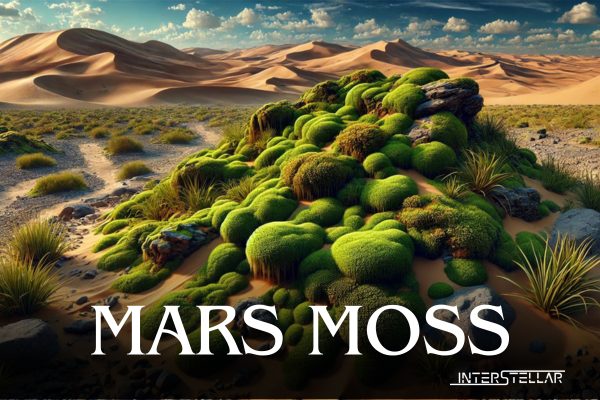Resilient Desert Moss from China Could Aid Mars Colonies
Scientists have discovered a resilient desert moss species in Xinjiang, China, which might aid future Mars colonies. The Chinese Academy of Sciences has revealed this in a recent study.
Resilient Desert Moss
The moss, Syntrichia caninervis, can withstand extreme dryness, ultra-low temperatures, and radiation. It was subjected to Mars-like conditions, showing impressive resilience, as reported in The Innovation journal. This moss could become crucial in establishing and maintaining an ecosystem on Mars by producing oxygen, sequestering carbon, and enhancing soil fertility.
Ecological Benefits
Researchers believe the moss can support atmospheric, geological, and ecological processes necessary for other plants and animals. This could help create habitable environments on Mars, supporting long-term human settlement. Remarkably, the moss can recover its photosynthetic and physiological activities seconds after rehydration, even after losing over 98% of its cellular water content.
Extreme Survival
Syntrichia caninervis can endure ultra-low temperatures and can regenerate after five years at minus 80 degrees Celsius or a month in liquid nitrogen. This moss is found in various extreme environments, including Xinjiang, Tibet, a Californian desert, the Middle East, and polar regions.
Space Exploration Efforts
China and the United States are both advancing their space exploration efforts. China’s upcoming missions include the Tianwen-2 asteroid probe next year and the Tianwen-3 mission around 2030, aiming to bring back samples from Mars. Last month, China retrieved samples from the moon’s far side. Meanwhile, NASA is pursuing a 20-year plan to explore Mars, focusing on whether it can support human life.





